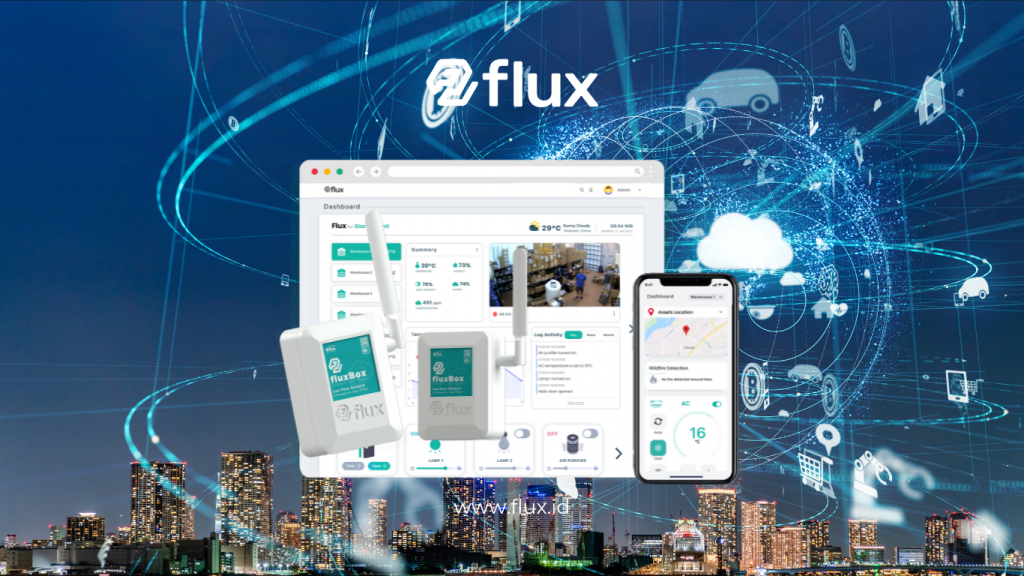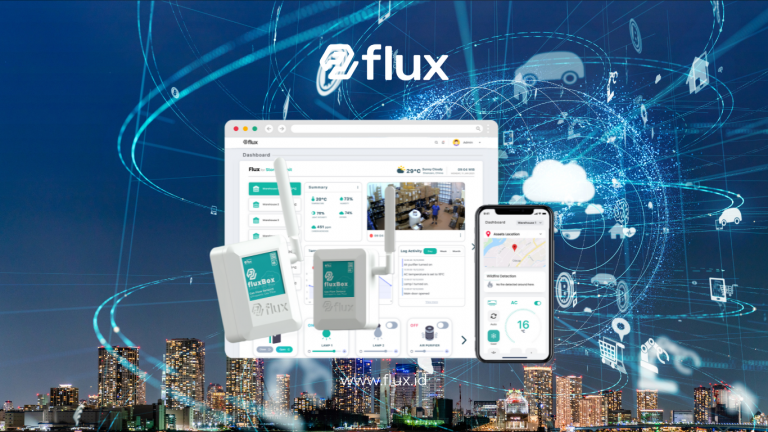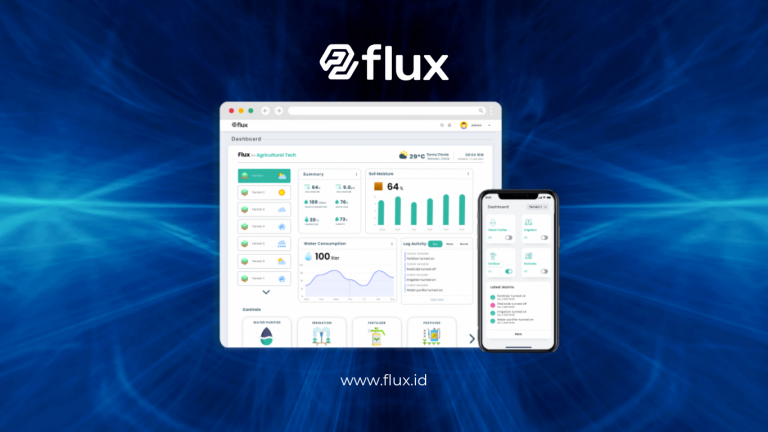Don't miss our holiday offer - 20% OFF!
The revolution of Industry 4.0 has transformed the paradigm of how industries operate by integrating digital, physical, and biological technologies. At the forefront of this change, The Internet of Things (IoT) has emerged as one of the most important drivers facilitating automation and operational efficiency. With the ability to connect devices and systems, IoT not only enhances productivity but also creates new opportunities for innovation and product development. This article will discuss the crucial role of IoT in today’s industrial revolution, how this technology contributes to total automation, and its benefits for companies across various sectors.
Contents
What Is the Internet of Things (IoT)?

Definition
Internet of Things (IoT) refers to the concept where various physical devices, ranging from sensors to factory machines, are connected to the internet and can communicate with each other. With this capability, IoT devices can collect and share data, enabling better analysis and decision-making.
How IoT Works
IoT operates by connecting devices equipped with sensors and software to the internet. The data generated by these devices is sent to the cloud or a central server, where it is processed and analyzed. The results of the analysis can then be used to make better decisions in daily operations.
Why Is IoT Important in the Era of Industry 4.0?

1. Increasing Production Efficiency
With IoT, companies can monitor and manage every aspect of the production process in real-time. This allows them to identify potential problems before they escalate into crises, thus improving overall efficiency.
2. Extensive Data Collection
IoT provides a vast and diverse source of data. This data can be utilized for analyzing various operational elements, from raw material usage to machine performance, assisting companies in maximizing their output.
3. Flexibility in Operations
Companies that implement IoT can adapt more readily to changing market demands. IoT devices can be configured to quickly alter production processes in line with customer needs.
4. Enhancing Sustainability
IoT enables companies to monitor energy and resource usage more efficiently, which reduces their carbon footprint and supports sustainability initiatives.
How Nocola Leverages IoT in Industry 4.0

1. Flux: Integrated IoT Solution
Flux is Nocola’s flagship IoT solution designed to monitor and manage various devices in a single integrated platform. With Flux, users can access real-time data, enhancing operational efficiency and effectiveness.
Key Features of Flux
- Multi-Device Integration: Allows different types of devices to connect seamlessly without restriction.
- Real-Time Data Analysis: Provides up-to-date information for better decision-making.
- Process Automation: Reduces human intervention and increases operational speed.
Benefits of IoT for Companies

1. Increased Productivity
By leveraging IoT, companies can enhance their productivity. Automated processes and real-time information allow teams to focus on more strategic and productive tasks.
2. Reduced Downtime
IoT helps in detecting system issues earlier, allowing companies to take corrective actions promptly. This reduces the risk of downtime that could harm business operations.
3. Operational Cost Savings
With efficient systems, companies can significantly reduce costs associated with resources. Automation and better monitoring lead to substantial savings.
4. Improved Product Quality
Real-time data allows companies to identify and resolve production issues before impacting product quality. This encourages better outcomes and higher customer satisfaction.
Applications of IoT Across Various Sectors

1. Manufacturing Sector
In the manufacturing sector, IoT has revolutionized the way companies operate. Monitoring machine performance and production processes in real-time allows for better management and reduction of associated operational costs.
2. Energy Sector
In the energy sector, IoT can help monitor energy usage and consumption efficiently. The data obtained helps companies achieve efficiency and comply with environmental regulations.
3. Healthcare Sector
In healthcare services, IoT is used to monitor patient conditions and manage medical equipment efficiently. Connected systems help providers conduct better analyses and ensure more responsive care.
4. Transportation Sector
In the transportation sector, IoT enables real-time monitoring of vehicle fleets to optimize routes and reduce operating costs. Transportation companies can also be more responsive to customer needs.
Steps for Implementing IoT and Flux

1. Planning Implementation
Companies need to conduct a needs analysis to effectively plan for IoT implementation. This includes identifying areas to be automated and the types of devices to be used.
2. Investment in Infrastructure
Preparing the necessary infrastructure is critical to supporting implementation. This includes hardware, networks, and software that must be in place.
3. Employee Training
Providing training to all employees on how to use IoT technology and the Flux system is essential for successful implementation.
4. Regular Monitoring and Adjustments
After implementation, companies should regularly evaluate system performance and make any necessary adjustments to ensure all features function optimally.
Conclusion
IoT and innovative solutions like Flux from Nocola are key to meeting challenges and seizing opportunities in the Industry 4.0 era. By enhancing efficiency, supporting decision-making, and promoting sustainability, this technology has become an integral part of the industry’s digital transformation.
Implementing this technology is not just about increasing operational efficiency; it is also about creating a smarter and more sustainable future. Let us together leverage innovation to achieve a better and more environmentally friendly industry!





